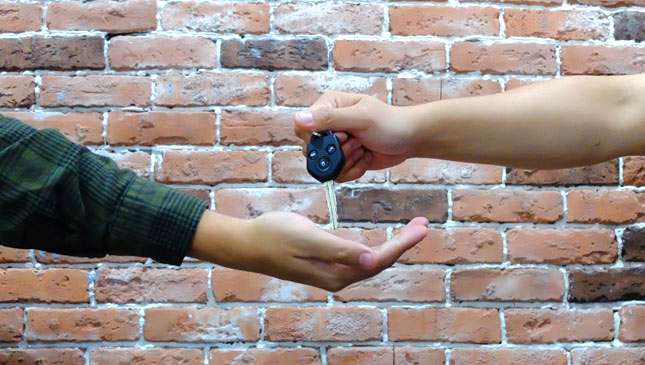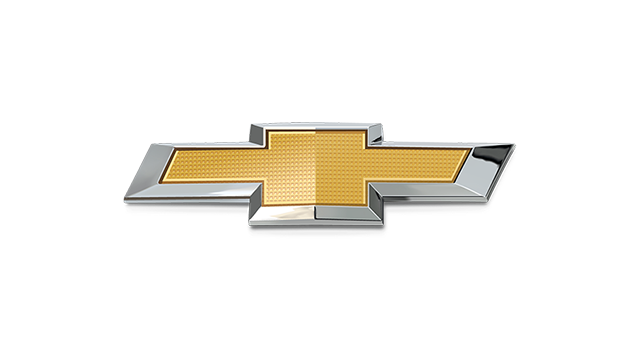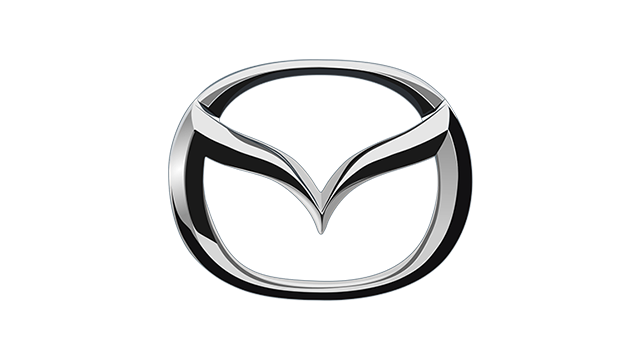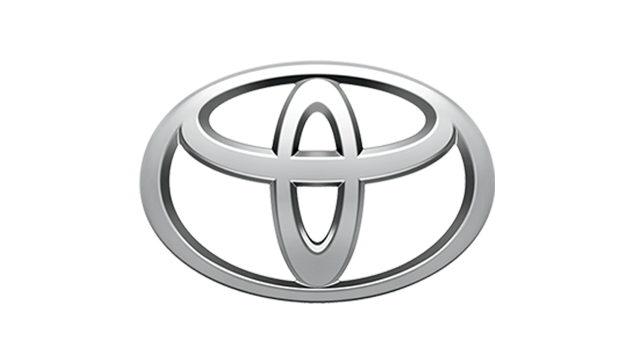
What should I do if the new owner of my old car does not want to update the ownership with the Land Transportation Office (LTO)? Can I sue them?
Anonymous
Yes. You can either file an action for specific performance to compel the new owner to register the ownership of the car in his/her name with the LTO, or for the rescission of the contract of sale due to the inability of the buyer to perform his obligation under the contract.
The Land Transportation and Traffic Code mandates that all motor vehicles and trailer of any type used or operated on or upon any highway of the Philippines must be registered with the LTO for the current year.
NEWS YOU MIGHT HAVE MISSED:
MMDA says twice-a-week modified coding scheme is still being studied
The new Toyota Veloz is now in PH
The Civil Code provides that where the obligation of either party to a contract of sale, in this case of a motor vehicle, is subject to a condition which is not performed, such party may refuse to proceed with the contract or he may waive performance of the condition. If the other party has promised that the condition should happen or be performed, such first mentioned party may also treat the nonperformance of the condition as a breach of warranty (Civil Code Article 1545).
In a sale of a motor vehicle, there is a reasonable expectation on that part of the seller that after the sale, the buyer will transfer the ownership of the motor vehicle in his/her name as the new owner of the motor vehicle.
The Land Transportation and Traffic Code defines the owner as the actual legal owner of a motor vehicle, in whose name such vehicle is duly registered with the Land Transportation Commission. Until the transfer of ownership is registered in the name of the new owner, the previous owner is still considered the registered owner of the motor vehicle.
The LTO rules and regulations require that the application and registration of transfer of ownership which should be done within thirty (30) days from the execution of the Deed of Sale.
The main purpose of car registration is the easy identification of the owner who can be held responsible for any accident, damage or injury caused by the car. Easy identification prevents inconvenience and prejudice to a third party injured by one who is unknown or unidentified.
In accordance with the law on compulsory motor vehicle registration, the Supreme Court has consistently ruled that, with respect to the public and third persons, the registered owner of a motor vehicle is directly and primarily responsible for the consequences of its operation regardless of who the actual vehicle owner might be (G.R. No. 181398).
In contracts of sale, when the buyer has manifested his inability to perform his obligations or has committed a breach of contract, the seller may totally rescind the contract of sale by giving notice of his election so to do to the buyer (Civil Code Article 1597).
As a last resort, in case of unreasonable delay or refusal of the buyer to register the transfer of ownership of the motor vehicle in his name as the actual owner, the previous owner may rescind the sale. The action for rescission is subsidiary; it cannot be instituted except when the party suffering damage has no other legal means to obtain reparation for the same (Civil Code Article 1383).
In contracts where both parties are required to do something, one party has the power to rescind the contract when the other party cannot comply with his obligation.
The injured party may choose between the fulfillment and the rescission of the obligation, with the payment of damages in either case. Even after he has chosen fulfillment, he may also seek rescission if fulfillment should become impossible.
Rescission creates the obligation to return the object of the contract and the price with its interest. But it can be carried out only when he who demands rescission can return whatever he may be obliged to restore. In this case, indemnity for damages may be demanded from the person causing the loss.
If the contract of sale was rescinded, the buyer will have to return the motor vehicle to the seller and pay damages for the breach of the contract. The seller may have to return to the buyer the purchase price after consideration of the depreciation of the motor vehicle.
Lastly, the Civil Code provides that the seller may ask the court to award nominal damages because the obligation arose from a contract, and attorney's fees and expenses of litigation because he incurred expenses to protect his interest due to the buyer's act.












